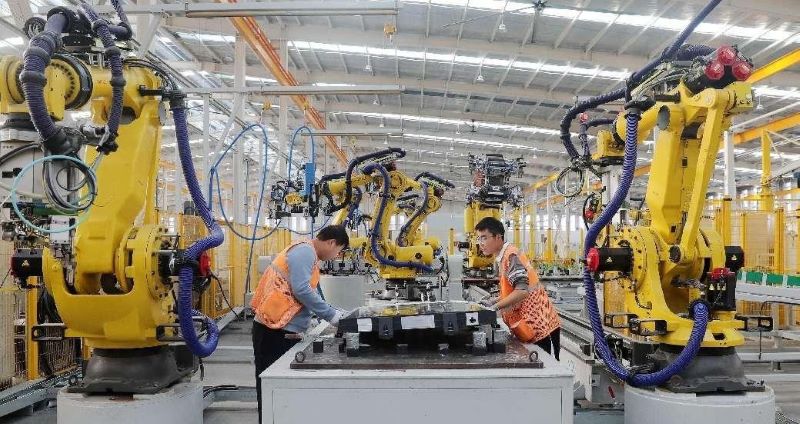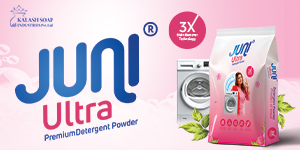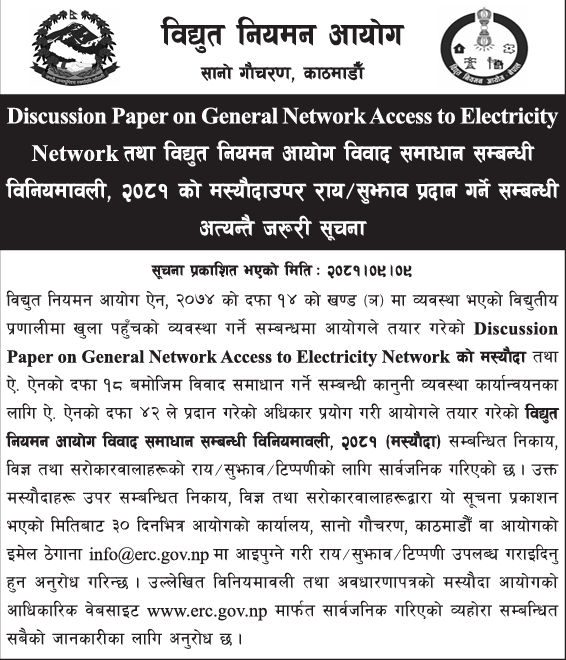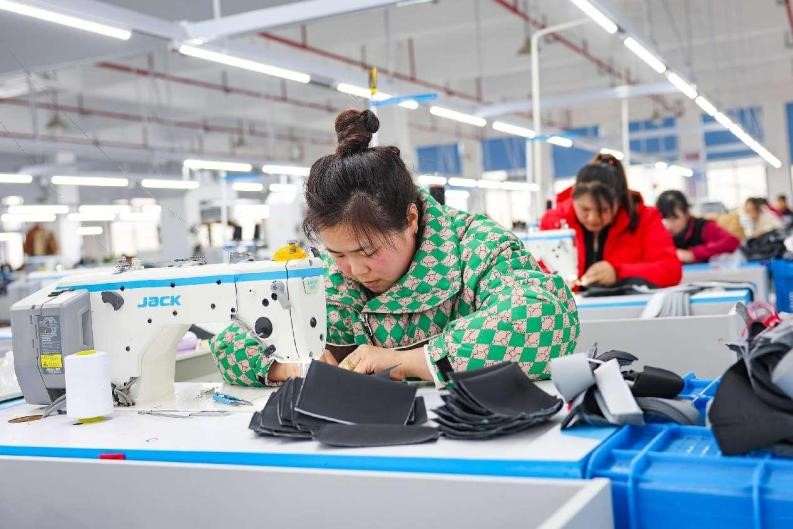Qingdao manufacturers embrace dual standards to boost trade integration

Agency : On a factory floor in Qingdao Xihai'an (West Coast) New Area, east China's Shandong province, workers at Qingdao YG-1 Tools Co., Ltd. carefully monitor grinding wheels as they move through a production line - machining, packaging, and preparing them for shipment.
"These grinding wheels are produced on the same production line for both export and domestic sale. For a company, walking with two legs allows you to go farther, " said Jin Chengxun, head of the grinding wheel production department of the company.
Yet catering to both markets simultaneously poses significant challenges, particularly given the divergent technical standards between domestic and international buyers. The question arises: how can a single production line fulfill two distinct sets of rules?
In 2020, the Shandong Administration for Market Regulation introduced a policy encouraging companies to adopt unified production lines - employing the same processes and quality control protocols - to manufacture products that comply with both domestic and international standards. This policy formed a cornerstone of Qingdao's broader efforts to integrate domestic and foreign trade. Seizing this opportunity, YG-1 Tools took steps to align with this dual-standard model.
"Recent shifts in global trade and consumer demand have prompted a reevaluation of market strategies. Overseas demand has slowed, while domestic industries - especially automotive and electrical manufacturing - are growing fast and creating strong demand for grinding and cutting wheels," Jin said. "Shifting focus to the domestic market came at the right time."
With exports to over 80 countries and regions and certification under the ISO 9001 quality management system, YG-1 Tools was well positioned for global business. However, transitioning to the domestic market proved unexpectedly difficult. The company encountered elevated defect rates - ranging from 15 to 20 percent - prompting customer complaints, product returns, and monthly domestic sales that struggled to exceed 400,000 yuan ($55,706). Rather than expanding, the company's reputation within China was adversely affected.
The core issue lies in incompatible technical standards. "Take this grinding wheel, for example. The hardness scale runs from F to Z. A hardness level categorized as K by an overseas client might be evaluated as L or even M under Chinese standards," explained Jin.
Faced with this challenge, the company considered whether adapting to the domestic market would require a complete overhaul of its production line -- a move that would involve substantial financial investment. In January 2023, after becoming aware of the company's challenges, the local market regulation authority in Qingdao Xihai'an (West Coast) New Area invited certification experts to work directly with the factory and explore alternative solutions.
"Industrial products are typically standardized, making it difficult to produce goods that satisfy multiple standards on a single line. But by making targeted adjustments to raw materials and processing methods, it's possible to meet both without rebuilding the production system," said Liu Hui, a senior staff member of the market regulation bureau of Qingdao Xihai'an (West Coast) New Area.
Following this guidance, the company's technical team upgraded the grinding wheel formula to ensure compatibility with both domestic and international hardness criteria. Adjustments were made to raw material ratios, the mixing process, and kiln parameters, including temperature and firing time. Through repeated testing and fine-tuning, the company succeeded in aligning its products with dual standards.
"In addition to technical adjustments, we created a hardness conversion chart for quality inspectors, revised our factory inspection standards, overhauled the quality management system, and enhanced oversight of both in-process and final inspections," Jin noted.
After obtaining an official certification to produce industrial products for both domestic and overseas markets, the company significantly reduced its defect rate to below one percent. It is now an approved supplier for several major Chinese automobile manufacturers. Monthly sales have surged to over 1.2 million yuan, with domestic and international markets each contributing approximately 50 percent - and the domestic share continuing to grow.
Qingdao now hosts 100 enterprises certified for dual-standard manufacturing. Among them is Qingdao Shunchang Food Co., Ltd., which acquired a domestic food production license to expand its presence in the Chinese market. "We process vegetables for export to Japan, South Korea, and the European Union. Our product quality exceeds both export and domestic standards, and our production lines can switch seamlessly between the two," said Zhang Qin'e, the company's general manager.
-By Wang Pei, People's Daily














प्रतिकृया दिनुहोस